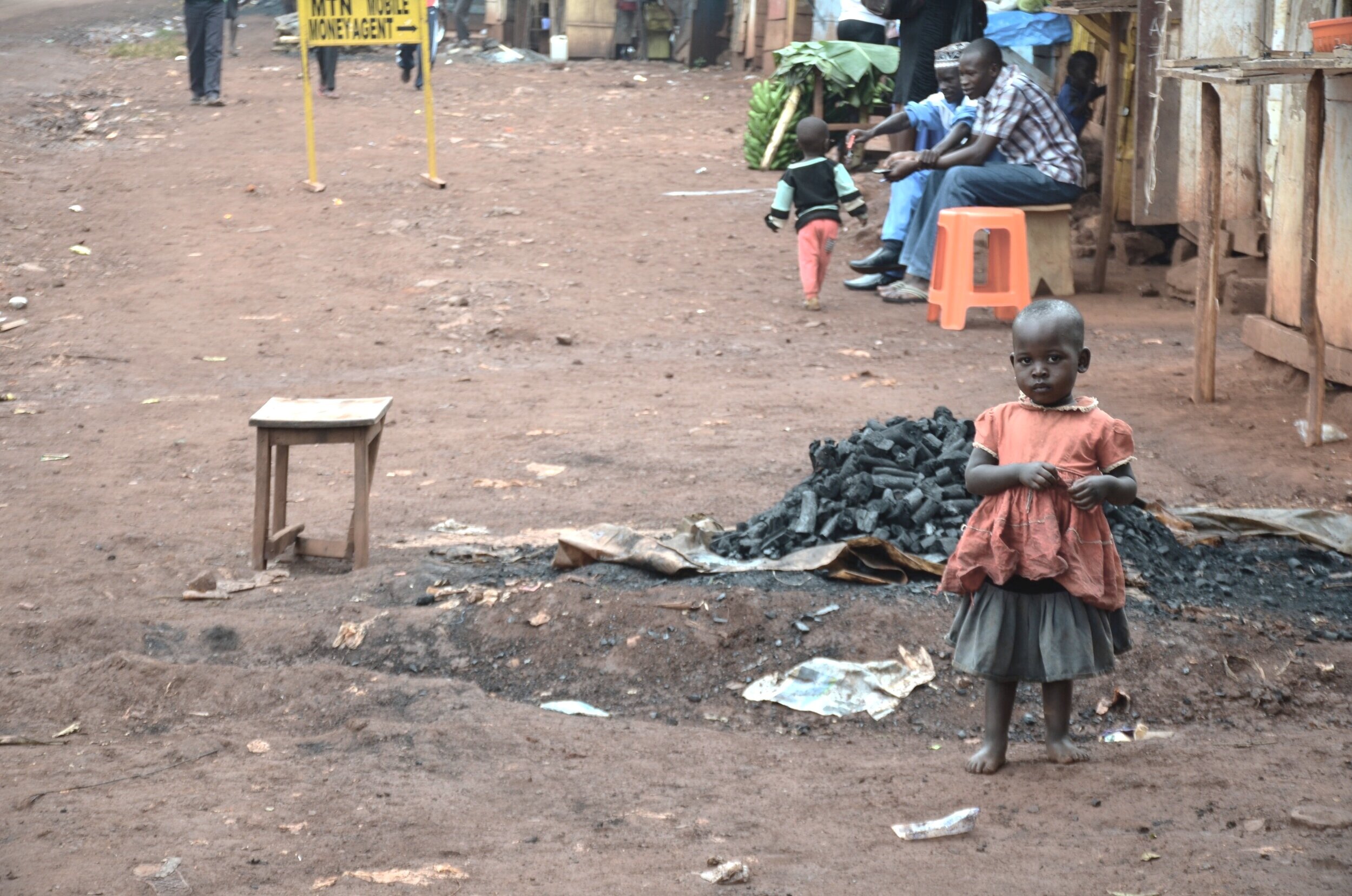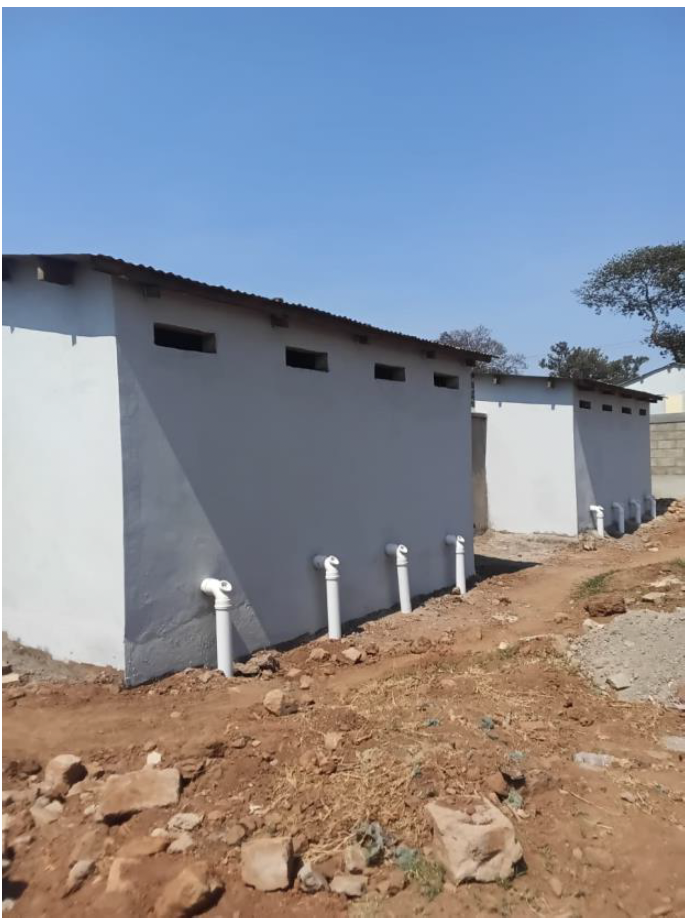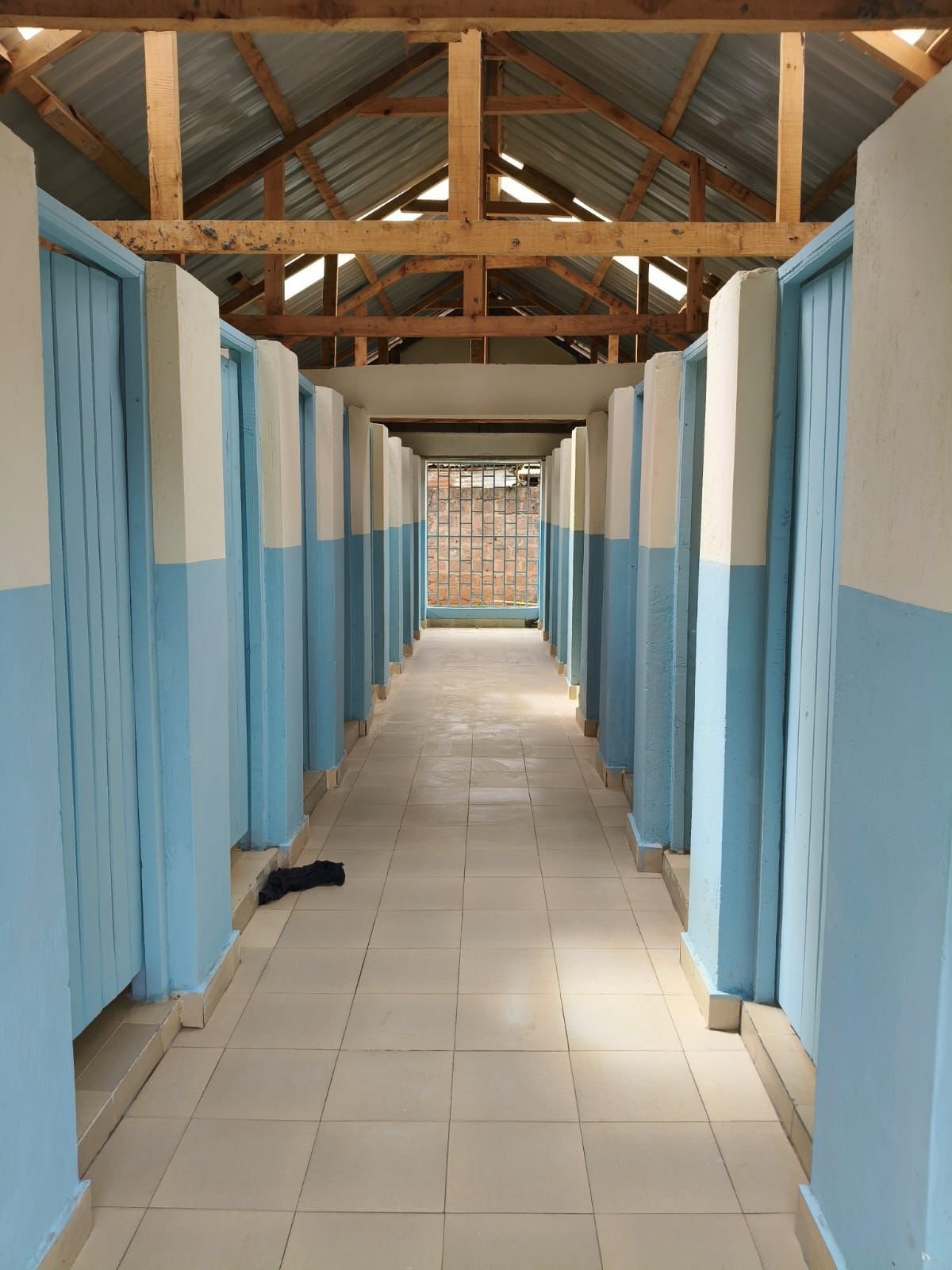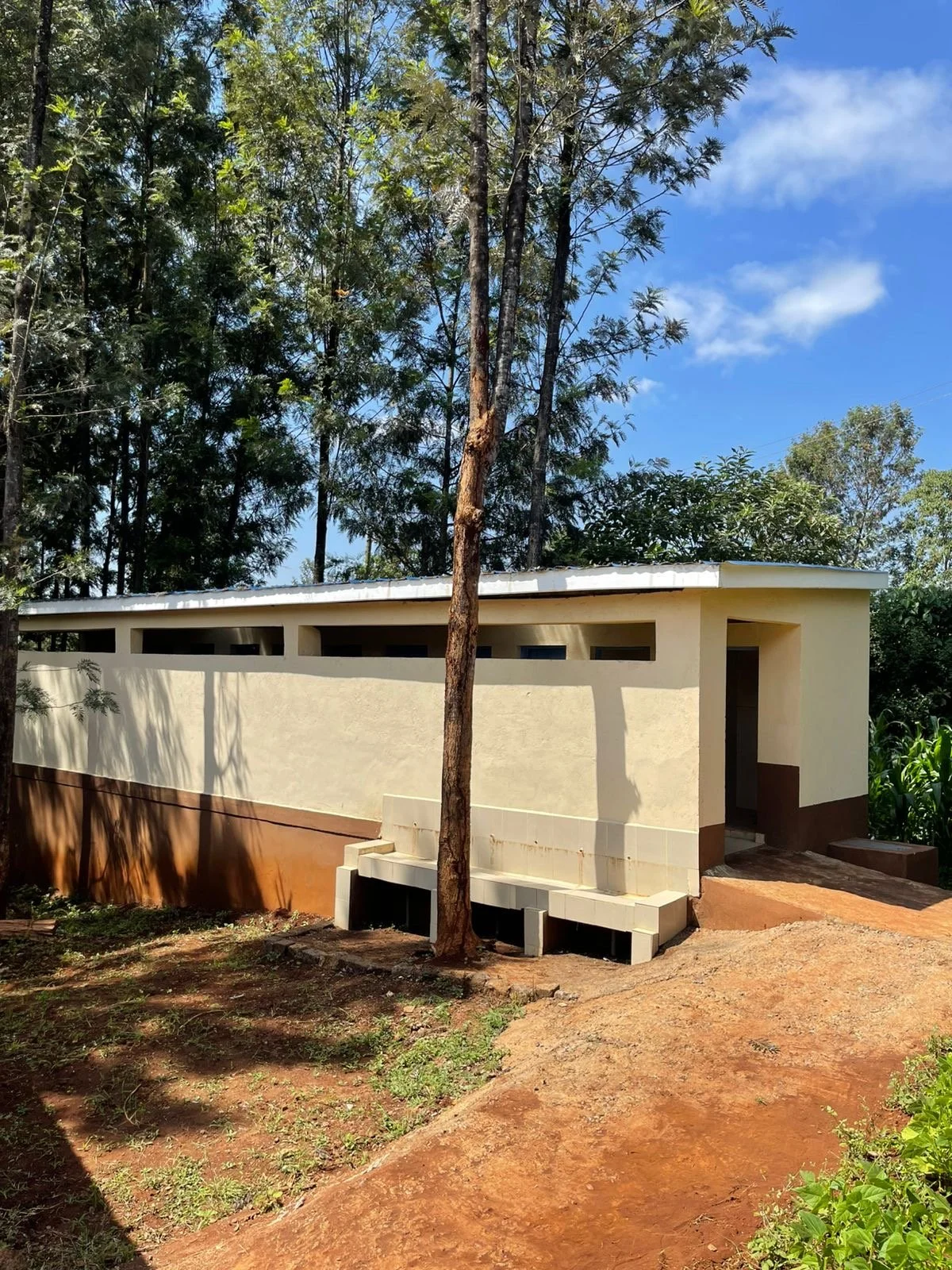
BETTER EDUCATION THROUGH SANITATION
Closing the gap on safe and sustainable sanitation for schools
Toilets For All is a Swiss foundation working with entrepreneurs and funders to deliver safe access to toilets for schools to create a healthy educational environment in the Global South
FACTS AND FIGURES:
THE BENEFITS:
THREE CLEAR VALUE STREAMS
HUMAN
Almost 4 billion people and almost 700 mio. students on our planet do not have access to functional toilets or safe sanitation. These people are located on all continents, in urban and rural settings. Most affected are African and Asian communities as well as some Latin American.
By facilitating access to waterless toilets in these communities, we can contribute to SDG 6.2, and help provide safe sanitation and new sources of energy and fertiliser for crops.
Establishment of proper sanitation significantly reduces disease (cholera, diarrhea, hepatitis A, typhoid, polio, dysentery), child mortality, pollution of waterways and lakes, and increases privacy, safety (violence and rape), dignity, and children’s school attendance. And the collection and recycling process creates jobs and industry, supporting equality and economy.
ENVIRONMENT
Pollution of the environment through human waste is a major issue in many parts of the world. In addition, flushing a toilet requires 6 m3 to 25 m3 of drinking water per person/year and all sewered sanitation solutions require processing in water-based treatment plants.
Waterless, container-based sanitation eliminates both water usage for sanitation and treatment, as well as the pollution of waterways caused by insufficient sewage or collection systems.
With waterless toilet technologies implemented at scale, whole communities, rural and urban, on- and off-grid, can benefit from the immediate positive environmental gains: substantial water savings, avoidance of waterway pollution, and the opportunity of turning human waste into energy or even organic fertiliser for crops.
CIRCULAR
Human waste is a valuable resource and can be used in multiple ways. It contains fertilising nutrients such as nitrogen, phosphorus, and potassium, each fundamental in plant nutrition and repurposing faeces into fertiliser therefore has immense beneficial impact on agriculture in off-grid communities.
By separating faeces and urine at source in urine-diverting dry toilets (UDDTs) and completely eliminating the use of water, we can directly facilitate circular reuse.
Waterless toilet technologies and systems employ a range of different processes (i.e. pyrolysis, composting) to create both fertiliser and bio bricks for energy, all resulting in new resources, revenue streams and CO2 absorption. Even the market for CO2 certificates is slowly developing and new standards are being created.
“We shall not defeat any of the infectious diseases that plague the developing world until we have also won the battle for safe drinking water, sanitation, and basic health care.”
— Kofi Annan
THE IMPACT:
Want to create a positive impact worth $5 for each $1 invested?
Investments in Sustainable Development Goal SDG 6.2 have a five-fold value impact due to container-based sanitation solutions’ knock-on effect on both human rights and quality of life, the environmental effect and avoidance of waterway pollution, and the positive impact on the community’s economy with circular resource and job creation according to a WHO-study.
We are now seeking philanthropic contributions from foundations and corporates for future projects. Please get in touch and let’s work together to expand Toilets for All leaving no one behind!
FUNDRAISING:
Toilets For All is very proud to continue its fundraising efforts and we welcome your contribution!
We are collaborating with Mobile Alert Toilets (MAT) to improve the sanitation conditions in Nairobi and surroundings, Kenya. The project consists of renovating the overflowing pit latrines and providing the schools with innovative and sustainable handwashing stations. Over the last 24 months, we have already equipped 14 schools with proper toilets and handwashing stations. You can follow our journey here.
We are expanding our focus and have started new projects in Malawi, Guatemala and Colombia, plus more are in the works.
Every amount counts. Your contribution can make a real difference. Click on the button below to know how you can make a donation.
THE EVIDENCE:
INSIGHTS, PROOF OF CONCEPT, STUDIES, CASES AND MORE


















